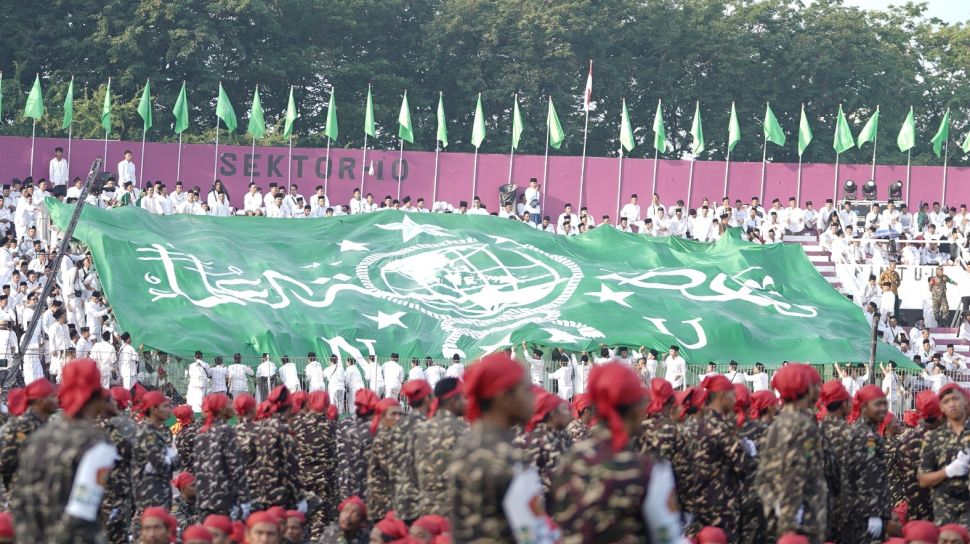At the end of January 2024, Nahdlatul Ulama (NU) celebrates its founding anniversary. NU is a religious and social organization (jam’iyyah) officially established by the kiai and ulama of Islamic boarding schools (pesantren) on January 31, 1926 (16 Rajab 1344 H). As of 2024, NU enters its second century, marking its 101st year according to the Hijri calendar.
It is almost unimaginable for any organization to persist for a century without experiencing turbulence. Such is the story of NU, which has navigated and responded to the complex and shifting national and international landscapes throughout its history.

The roots of NU are deeply intertwined with international dynamics. Two significant events stand out as formative: the collapse of the Ottoman Empire and the political challenges posed by King Ibn Saud.
Upon hearing the news of the fall of the Ottoman Caliphate, ulama from various Islamic groups initiated a congress to unite the Muslim ummah under the spirit of Pan-Islamism and revive the caliphate’s existence. While noble in its intent, the congress had the opposite effect in practice, further dividing the Muslim community. The traditionalist Muslims, often represented by KH Wahab Hasbullah, found themselves marginalized by the modernist groups (Muhammadiyah, Sarekat Islam, Al-Irsyad, etc.).
Simultaneously, another issue arose in the Hijaz (modern-day Saudi Arabia), where Ibn Saud’s political rise led to strict policies that alarmed the global Muslim community. Ibn Saud was seen as rigid and intolerant of pluralistic interpretations of Islam, seeking to demolish historical Islamic sites, including the tombs of the Prophet’s family, companions, and other significant figures.
In response, KH Wahab Hasbullah formed a small committee known as the “Hijaz Committee” to negotiate with Ibn Saud, requesting that he cease these destructive actions. It is said that no one dared challenge Ibn Saud’s decisions, except for Indonesian Muslims through the Hijaz Committee. Their efforts were successful, leading to a letter from the Wahhabi government guaranteeing freedom for Muslims to worship according to their respective schools of thought, thus preserving these historical sites and practices.







